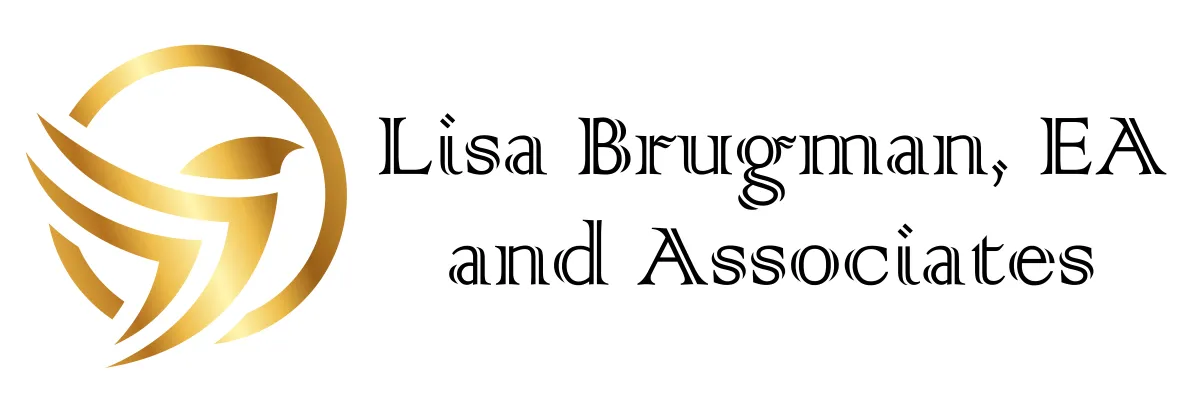BLOG

Deduct Off-Campus Housing?
How Tax Laws Support College Students: Maximizing Education-Related Deductions and Credits
Pursuing higher education can be a significant financial burden, but tax laws provide a variety of programs to ease the pressure on students and their families. Through tax credits and deductions, students can reduce the financial impact of tuition, fees, and other related expenses. However, not all education-related costs qualify for these benefits, especially when it comes to housing. This article breaks down the tax benefits available for education expenses, focusing on tuition, student loans, and housing, both on-campus and off-campus.
Tax Credits for College Education Expenses
The U.S. tax code offers numerous tax credits designed to support students and families who face the high costs of college. Two of the most popular credits are the American Opportunity Credit and the Lifetime Learning Credit. These credits allow eligible taxpayers to reduce their tax liability by claiming a portion of their qualified education expenses, such as tuition, enrollment fees, books, and supplies.
However, housing expenses, whether on-campus or off-campus, are not included as qualified expenses for the purpose of claiming these tax credits. This means that rent, utilities, and food costs typically cannot be used to increase your tax credit claim, no matter how essential these costs are to the college experience.
Student Loan Interest Deduction: A Benefit for Housing Costs
While housing costs don’t qualify for tax credits, there is a way to obtain some tax relief for them if you have financed your education with a student loan. The student loan interest deduction allows eligible borrowers to deduct up to $2,500 per year in interest paid on qualified student loans. This deduction can include interest related to housing expenses if those expenses are part of your overall loan used for education purposes.
To claim the student loan interest deduction, the loan must have been used exclusively for education expenses, and you must have been enrolled in a degree or certificate program at least half-time. Fortunately, in this scenario, the definition of "qualified education expenses" is broader than for tax credits. It includes room and board (housing and food), along with tuition, books, and supplies.
Room and Board Limitations for Student Loan Interest Deduction
There’s an important limitation on the amount of room and board expenses that can be included when calculating the student loan interest deduction. The maximum housing and food expenses you can deduct are capped at the Cost of Attendance (COA) determined by your educational institution. The COA includes tuition, fees, books, room and board, and other related expenses. It is the official estimate of how much it costs to attend a particular school for an academic year.
The COA for room and board is usually split between on-campus and off-campus living arrangements, with each having a different cost. For example, let’s look at the University of Washington (UW). For the 2023-2024 academic year, UW has set the COA for on-campus and off-campus housing and food at $18,405 for all students. This means that if you are financing your education with a student loan, only up to $18,405 can be considered a qualified education expense for the purposes of the student loan interest deduction.
How to Calculate the Deduction for Room and Board
If you are using a student loan to cover your college expenses, you can calculate the portion of interest related to your room and board expenses. The formula takes into account how much of your loan was used for qualified education expenses (including housing) versus other costs.
Example: On or Off-Campus Housing
Wendy, a graduate student at UW, borrowed $35,000 at 5% interest to finance her education. She spent $18,405 on off-campus housing and food, which aligns with UW’s COA for these expenses. Over the year, Wendy paid $1,750 in interest on her loan.
To determine how much of her interest is deductible in relation to her housing costs, Wendy can use the following formula:

So, $920 of Wendy's student loan interest is related to her room and board expenses and can be deducted.
Exceptions for University-Owned Housing
There is one notable exception to the COA limitation for off-campus housing. If you live in housing that is owned or operated by your university but is located off-campus, the amount you are charged for room and board may exceed the COA for off-campus living. In this case, you can use the full amount you pay for university-owned housing as a qualified education expense for the purposes of the student loan interest deduction.
This means if your off-campus housing is arranged through the school and costs more than the general COA for off-campus students, you may be able to deduct a larger portion of your loan interest than if you were renting from a private landlord.
Final Thoughts: Maximizing Your Education Tax Benefits
When it comes to tax benefits for education, understanding the nuances of credits and deductions is crucial. While tuition and fees remain the primary focus of most tax credits, the student loan interest deduction offers an opportunity to recover some costs related to housing. However, this benefit is limited by your school's Cost of Attendance, so it's important to know the COA for your institution when calculating your eligible housing costs.
By planning ahead and keeping detailed records of your education expenses, including room and board, you can make sure you're maximizing the tax benefits available to you. For students facing the high costs of higher education, every deduction or credit counts.
If you are still unsure about your situation, and want expert advice, you can click this link to set an appointment to speak with a Tax Expert from Lisa Brugman, EA & Associates.
https://storage.googleapis.com/msgsndr/Y3wru9o2agtnTx66z5uZ/media/650d578315fdd01eb024474b.png
https://storage.googleapis.com/msgsndr/Y3wru9o2agtnTx66z5uZ/media/650d578215fdd056b424474a.jpeg






